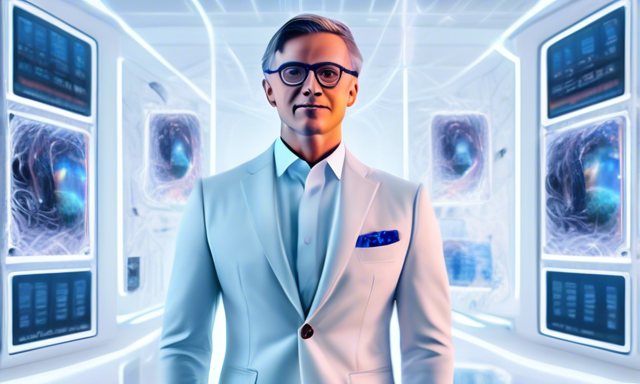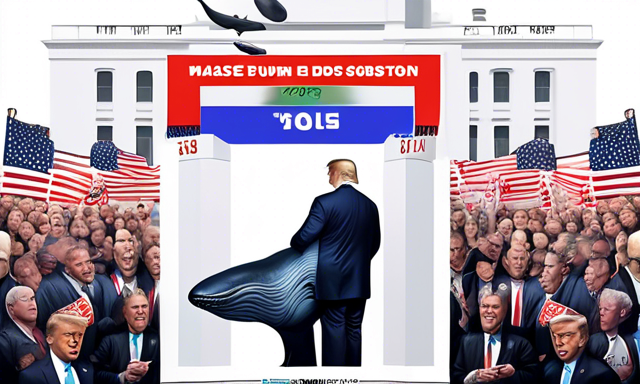Physical Intelligence Secures Major Funding, Aiming for AI Advancement 🤖💼
Physical Intelligence, a robotics startup located in San Francisco, has successfully secured $400 million in funding, achieving a remarkable post-money valuation of $2.4 billion. This financial milestone was confirmed by the company on Monday. Investors contributing to this significant round include notable figures and organizations such as Jeff Bezos, the founder of Amazon, along with OpenAI, Thrive Capital, and Lux Capital.
Other investors mentioned by a representative of Physical Intelligence include Bond Capital, Khosla Ventures, and Sequoia Capital. The current valuation of Physical Intelligence marks a dramatic increase, approximately six times higher than the company’s valuation of $400 million during its seed round in March, when it raised an initial $70 million. This impressive growth underscores the rising interest and potential in the robotics and AI sector.
Workforce and Expertise: A Strength in Innovation 🧠💡
The staff at Physical Intelligence comprises talented professionals previously associated with major companies like Tesla, Google DeepMind, and X. Their expertise supports the firm’s mission to revolutionize robotics through advanced artificial intelligence. The company is committed to “bringing general-purpose AI into the physical world.” Its strategy revolves around creating expansive AI models and algorithms designed specifically to enhance robotic capabilities.
Developing General-Purpose AI: A Future Vision 🌐✨
Over the past eight months, Physical Intelligence has been diligently working on a “general-purpose” AI model specifically tailored for robots. In a recent blog post, the company outlined its aspirations toward achieving artificial general intelligence (AGI), which refers to AI systems that can perform any intellectual task at a level equal to or greater than that of a human.
Physical Intelligence envisions a future where users can simply instruct robots to carry out various tasks, similar to how they currently utilize large language models (LLMs) and chatbot assistants. The company’s pioneering approach in robotics hints at a transformative era in how we approach day-to-day tasks.
Practical Applications of Robotics Technology 📦✨
In its explorations, Physical Intelligence has provided case studies highlighting its technologies’ practical applications. Some examples include enabling robots to manage laundry, serve at tables, or assemble packages. These capabilities reflect the potential to integrate AI-driven devices seamlessly into everyday life, increasing efficiency and convenience across various settings.
Competition and Technological Advances 🔍⚙️
The announcement of Physical Intelligence’s substantial funding arrives shortly after OpenAI introduced a search feature within ChatGPT, enabling it to compete more effectively with traditional search engines like Google, Microsoft’s Bing, and Perplexity. Additionally, last month, OpenAI finalized a funding round at an impressive valuation of $157 billion, which signals a robust interest in advancing AI technologies.
Future Directions and Ambitions 🌟🔮
Physical Intelligence’s long-term objective is to establish a world where robotic assistance becomes commonplace. The vision extends beyond merely improving robotic functionality; it includes creating an intuitive interface that allows users to interact with robots as naturally as they do with human assistants and other intelligent systems. As the technology progresses, the possibilities become more fascinating and extensive.
Conclusion: A Step Towards AI-Integrated Living 🏡🤖
The recent funding and the aspirations exhibited by Physical Intelligence pave the way for exciting advancements in the intersection of AI and robotics. As the industry moves further towards integrating AI into physical environments, the impact on daily life could be transformative. This year seems to highlight a significant leap forward, keeping stakeholders and the tech community enthusiastically attentive to the developments within this innovative field.





 By
By


 By
By
 By
By
 By
By